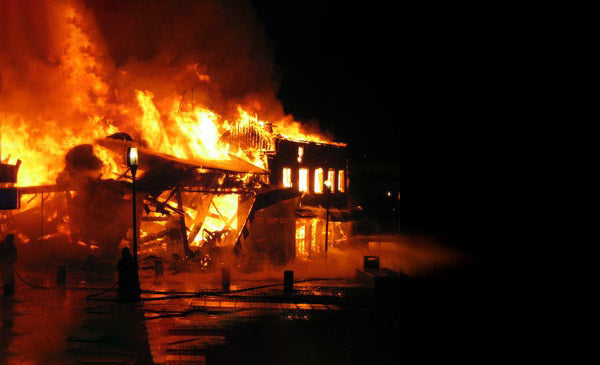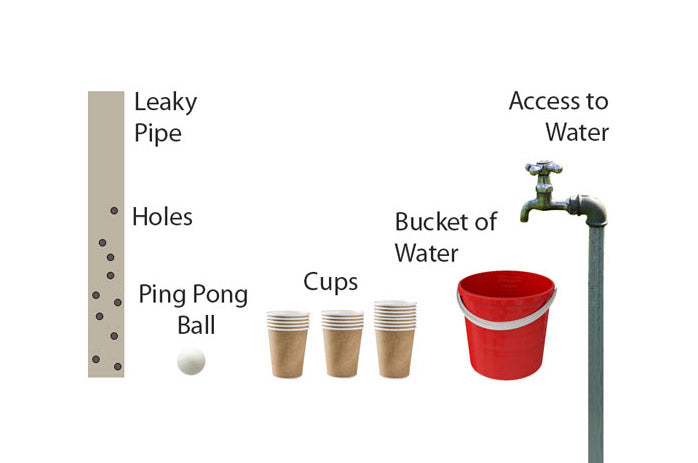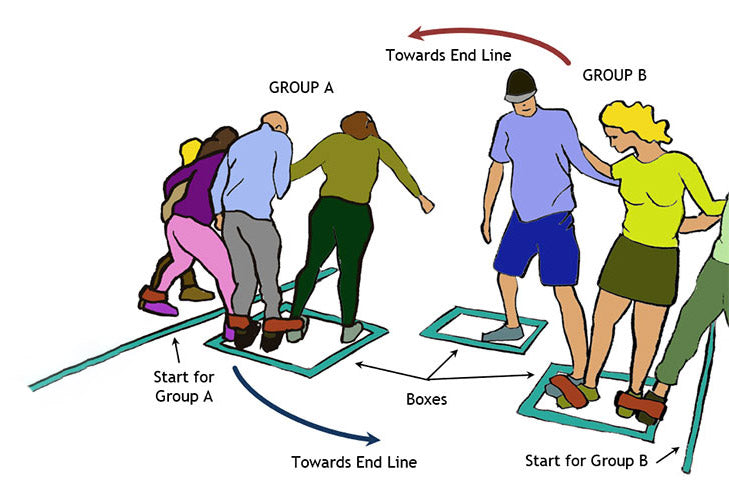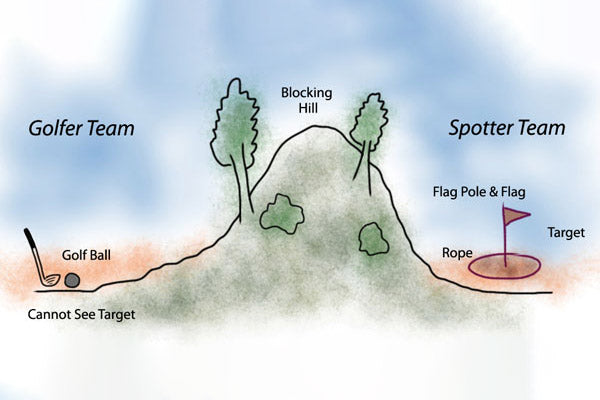Purpose
This is a useful exercise that helps delegates to quickly come up with a plan to respond to a crisis. In today’s dynamic world, crisis management is crucial. Risk prediction and risk management is vital for companies. This exercise turns crisis management into a game, providing a fun and educational environment to learn about this important management activity.
Objective
Respond to a given crisis chosen by the other group and formulate a plan to handle it.
What You Need
- A stack of A5 papers.
Setup
- Divide the delegates to two groups.
- Explain that each group is the Crisis Management team in a company that is assigned to plan for any future intervention required to handle a potential crisis.
- If delegates are not all from the same organisation, ask each group to specifically nominate what company they are working for and the general industry they are in so that members of the group can contribute.
- Allocate 2 minutes for this part.
- Ask each group to nominate an individual as a spoke person.
- Ask the spoke person of each group to quickly explain the background of their company, their target market and their products or services to the other group.
- Allocate 5 minutes for both groups to explain this to each other. This is mainly applicable when delegates are not from the same organisation, otherwise you can skip this step.
- Ask each group to work on their own and identify an event that can lead to a crisis. Ask them to write this on an A5 paper. Rules:
- This must be a clearly identified event, easily understood by the other group. Don’t choose something too technical as it limits the scope of the exercise.
- Think of important, serious likely crisis, especially those that you think the company is not prepared for.
- Examples:
- There has been a fire and the office has burnt down over night.
- It is discovered that there has been serious worker abuse in factories of a major supplier that manufactures many of your products.
- A board member is charged with money laundering. Local news has covered this extensively.
- There are reports that the built-in irreplaceable batteries in your products catch fire while being recharged.
- Allocate 2 minutes for this part.
- Ask groups to exchange their A5 sheets which include the description of the crisis.
- Each group should assume that the crisis has just occurred and they are the team in charge of responding to it. The company management has given them extra powers so they can be quite imaginative in their approach. The planning and timing of their response is critical.
- Allocate 10 minutes for groups to come up with a plan.
- Bring back everyone together and ask each team to present what they would do. Ask the other team to provide feedback and follow with a quick analysis and advice as necessary.
- Allocate 5 minutes for each group’s explanation and analysis.
- Now, ask the groups to think of another event that can lead to a crisis. In each round, the chosen crisis must be different from anything that has been considered so far. As before, delegates should write it down and pass it to the other group for consideration. Continue as in the first round.
- Depending on the amount of time available and the importance of the exercise you can add more rounds.
- Follow with a discussion.
Timing
Explaining the Exercise: 5 minutes
Activity: 2 min choosing industry + 5 min sharing industry + N * (3 min choosing a crisis + 10 min planning + 2 * (5 min explanation and analysis)) = 30 minutes for one round (53 minutes for two rounds)
Group Feedback: 10 minutes
Discussion
How well did you respond to the crisis? Did you think the crisis identified by the other group was real, likely and serious? Did you have any resource limitations? What did you think of the other group’s crisis management? What did you learn from the approach taken by the other group in response to a crisis? What were the most important lessons learned in this exercise?
Comments
By Dan Miles @ Friday, March 29, 2013 2:13 PM
In any company, risk analisis and prevention thinking are essentialy.
Soft Skills Training Materials
Get downloadable training materials
Online Train the Trainer Course:
Core Skills
Learn How to Become the Best Trainer in Your Field
All Tags
Training Resources for You

Course Design Strategy
Available as paperback and ebook

Free Training Resources
Download a free comprehensive training package including training guidelines, soft skills training activities, assessment forms and useful training resources that you can use to enhance your courses.

Our Comprehensive Guide to Body Language

Train the Trainer Resources
Get Insights - Read Guides and Books - Attend Courses
Training Materials
Get downloadable training materials on: Management Training, Personal Development, Interpersonal Development, Human Resources, and Sales & Marketing














Leave a comment
All comments are moderated before being published.
This site is protected by reCAPTCHA and the Google Privacy Policy and Terms of Service apply.